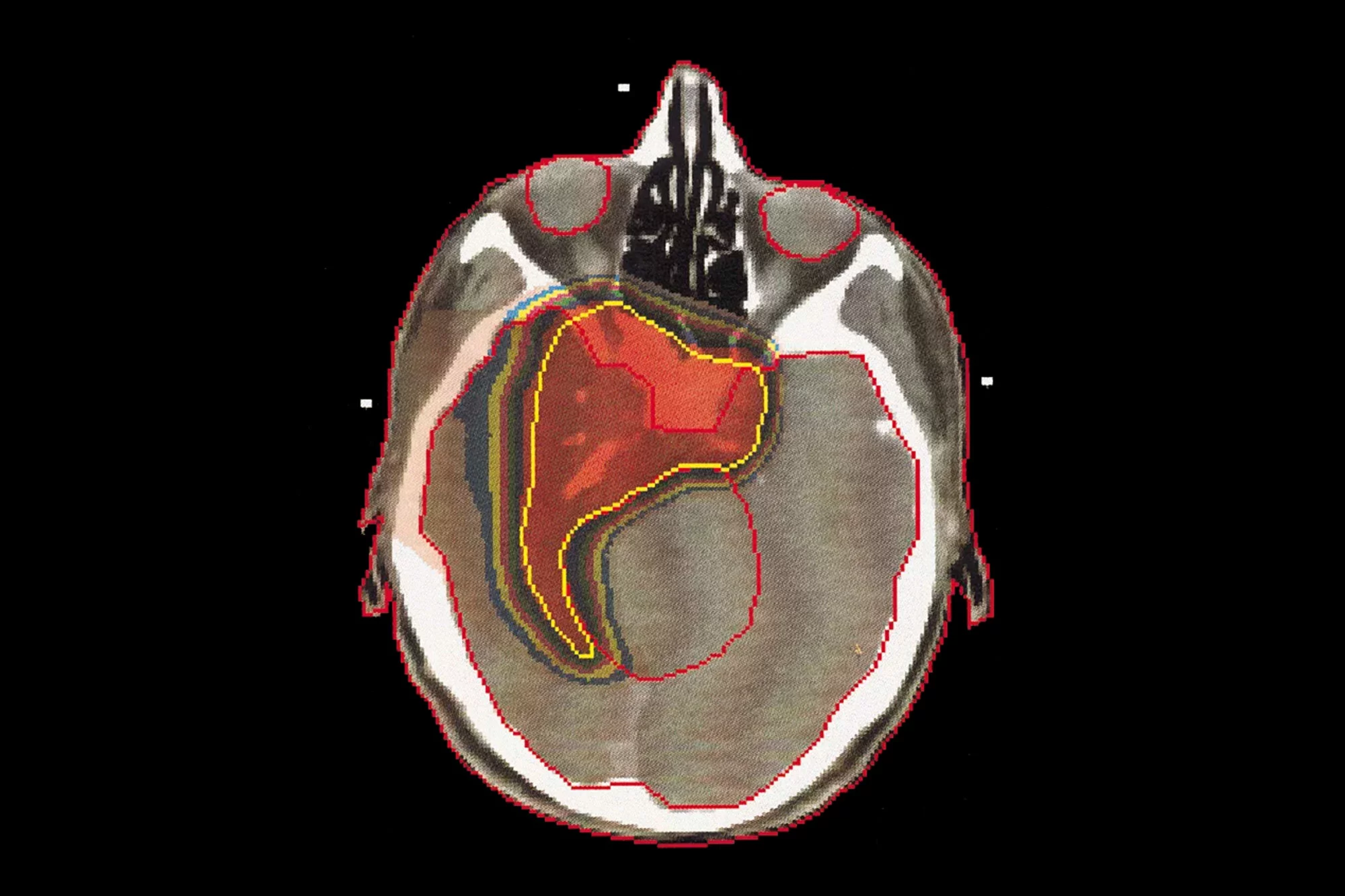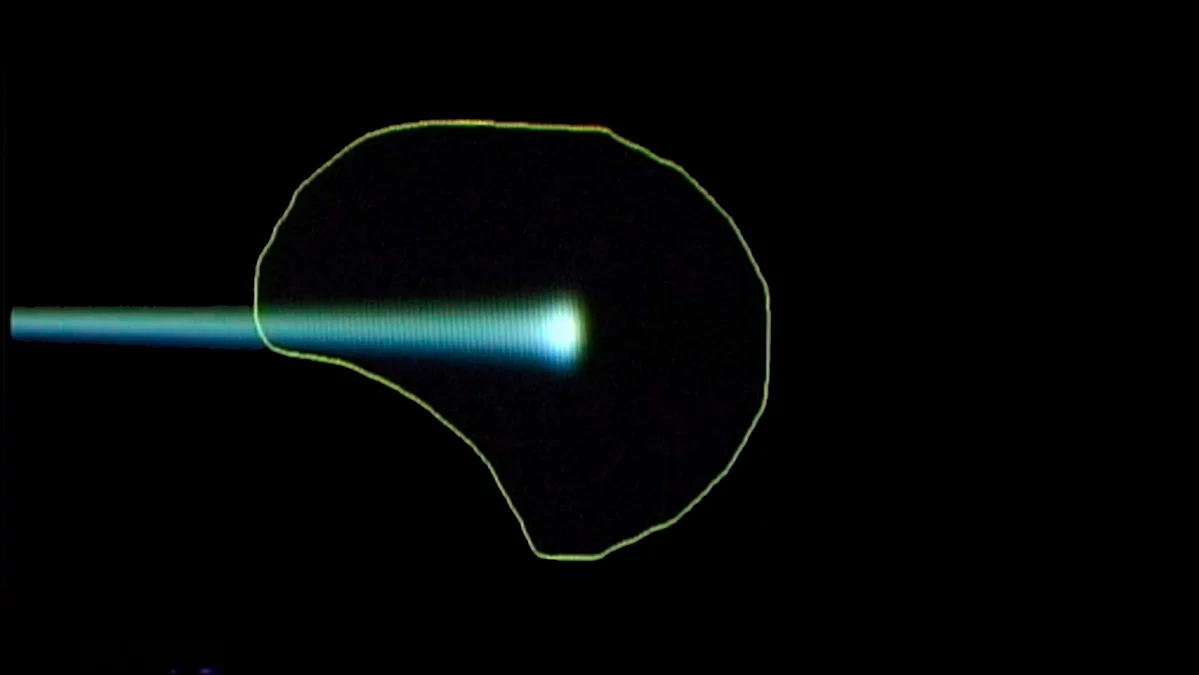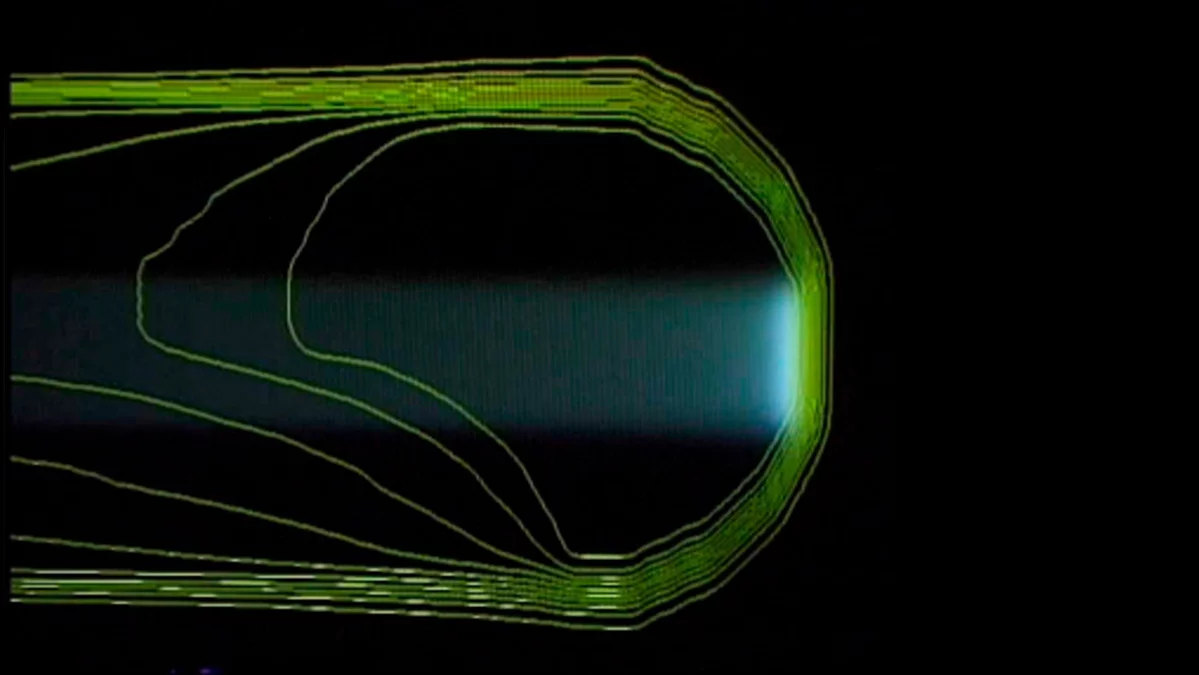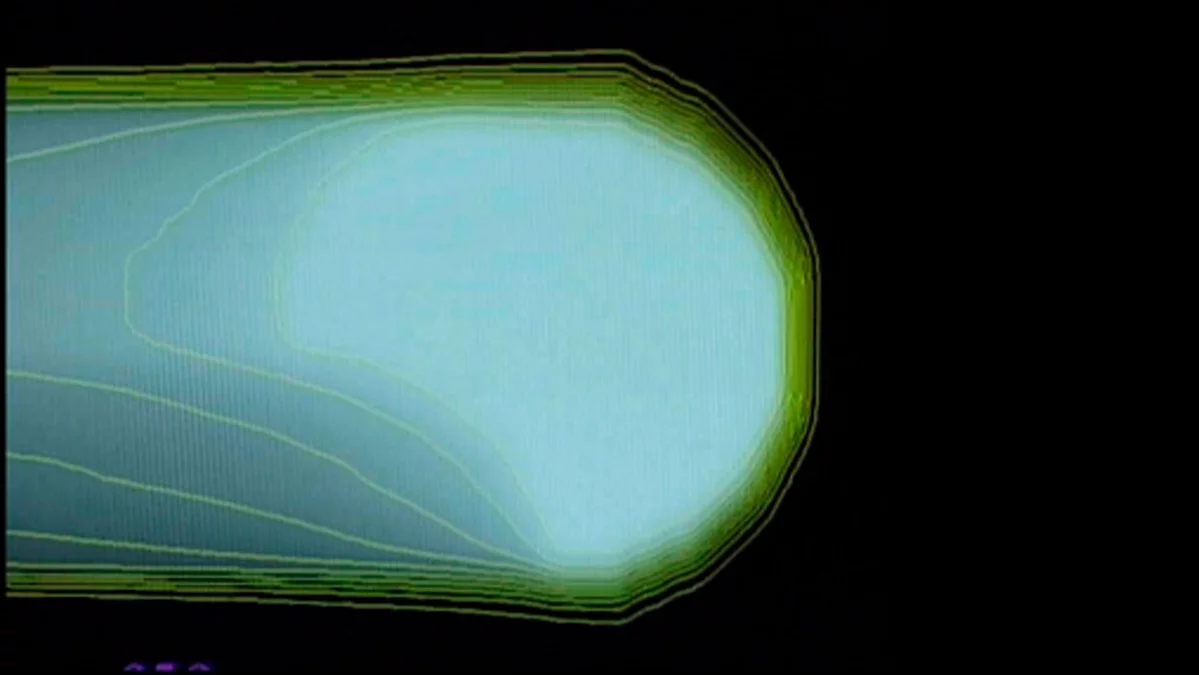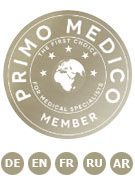The spot-scanning technique is also called pencil-beam scanning, as the beam is about as thin as a pencil. This technique allows the proton beam to be directed so precisely that the spot where the protons release their maximum energy dose is located at the exact desired position in the tumour. By superimposing many single spots - for a volume of 1 litre there are about 10,000 - the tumour can be uniformly treated with the required radiation dose. This allows for extremely accurate, homogeneous radiation treatment that can be tailored optimally to the often irregular tumour shapes. The technique was developed at PSI. This is also where the world's first patients were treated in routine clinical operation.
Today, the spot-scanning technique has established itself worldwide as the leading technology for proton therapy and is constantly being further developed at PSI. The goal is to increase the speed of treatment while also increasing precision. The close link between technological development and clinical use sets PSI apart from a hospital or an industrial manufacturer. On the clinical side, PSI participates in several international studies. The aim is to expand the scope of treatment to enable also cancer patients with indications not currently approved in Switzerland to profit from the benefits of proton therapy.
The number of centres worldwide offering spot-scanning proton therapy continues to grow steadily from about 90 in 2020 and that figure is expected to be double by 2030. Thus, more and more patients across the globe are able to benefit from this extremely precise and gentle radiation technique.
The principle of the PSI-developed Spot-scanning technique:
Through the scanning and superposition of dose-spots of a proton pencil beam, the desired dose distribution can be built up, and the dose can be precisely tailored to the shape of the tumour in three-dimensions.
